
Two kids celebrating on Beggars' Night/Halloween. (Curated Lifestyle/Unsplash)
Halloween is on October 31, but did you know that for decades, that wasn’t true in Des Moines? Discover a unique piece of local Halloween history.
Whether you’re wandering through a grove of trees filled with autumn colors or just glancing around the seasonal section at your local Target, it’s clear all around that autumn has arrived in Iowa, and “spooky season” is well underway. Iowans of all ages are planning costumes, stocking up on candy, and designing jack o’ lantern patterns.
This is as true in Des Moines as anywhere else in the state—but until 2024, Halloween in Des Moines looked a little different from the rest of Iowa. Specifically, trick-or-treating in Des Moines was legally forbidden on October 31, and instead, door-to-door candy quests took place on October 30, known as Beggars’ Night. In 2024, the local government voted to merge Beggars Night with the traditional October 31 Halloween, and in March of 2025, the change was officially made permanent, syncing up Halloween in Des Moines with the rest of the Hawkeye State.
But why was Des Moines celebrating Beggars’ Night to begin with? Why was it on October 30? And why, after nearly a century of October 30 trick-or-treating, did the city finally decide that the time had come for a change? Well, it all started in the 1930s, when Halloween had more tricks than treats in store…
Curbing crime with a calendar
While we all enjoy Halloween today for the costumes, candy, and excuse to watch “Hocus Pocus” for the hundredth time, Halloween in the 1930s was far less family-friendly and could even get violent. While some people played harmless pranks, others would descend into vandalism, and police were always on high alert on Halloween night. In 1938, the Des Moines police department responded to over five hundred reports of vandalism and crime on Halloween night, which included young people throwing bricks and even acts of arson.
Local government officials decided that enough was enough. Halloween had become too dangerous and too costly for the city to go on as it was. That year, a woman named Kathryn Krieg, who was head of the Des Moines Playground Commission, designated October 30 as Beggars’ Night, establishing the tradition of kids going door-to-door that evening, rather than on Halloween itself. Traditional trick-or-treating on October 31 was banned, as part of the effort to shift the festivities away from the dangerous pranks and towards silly fun.
Another part of the equation was the “trick” in trick-or-treating. The original materials promoting Beggars’ Night in Des Moines said that, upon ringing a doorbell, kids should shout “tricks for eats,” meaning that, rather than “trick or treat,” which promises a prank if the trick-or-treater isn’t given any candy, the idea was to earn your sweet treats by performing a magic trick, a song, or some other form of entertainment. The most popular way to earn a treat? Making people laugh.
Beggars’ Night is a joke (and that’s why it’s fun!)
It’s important for those who are new to Des Moines (or just interested in the city’s traditions) to know that Beggars Night isn’t only “Halloween, but a day early.” It has its own traditions, such as the idea that treats have to be earned through a performance, most notably and most popularly, through a joke-telling exchange.
While all that a trick-or-treater needs to say to collect their candy on Halloween is, well, “trick or treat,” on Beggars’ Night, things work a little differently. If you’re going out on Beggars Night, once you’ve rang a doorbell, you’ll need to tell a joke in order to get your treats. Typically, the jokes are quick, clean, and heavy on silly puns. Think, “What kind of car does a lobster drive? A crustacean wagon!” and “Why did the bread go to the doctor? It was feeling crummy!” Jokes with Halloween-type themes (“Why didn’t the skeleton cross the road? He didn’t have the guts to”) are also popular. Some families will choose their jokes in advance, to have them ready once they reach the first house on the actual night.
Des Moines isn’t the only place to celebrate Beggars’ Night. The tradition has spread to Columbus, Ohio, and even as far away as Buffalo, New York, and in any city that celebrates Beggars’ Night, “earning” your treats by telling a joke is an important part of the festivities.
Celebrating on the 31st—once and for all
So, what happened in 2024 to make Des Moines shift Beggars’ Night to October 31st, running it smack into Halloween? Well, it was the weather. Severe weather was predicted for the evening of the 30th, including storms, hail, and even the possibility of tornadoes. To avoid anyone being harmed trying to go out during a storm, the city elected to move Beggars’ Night to October 31, when the weather would be clearer.
This wasn’t the first time anyone, in Des Moines or elsewhere, has needed to reschedule Beggars’ Night due to a weather issue or another conflict. But it was the first time since the pandemic, and one of the first, where Beggars’ Night ended up coinciding with the modern, family-friendly form Halloween has taken on. But how would the residents of Des Moines feel about the change?
Well, as it turns out, they liked it. While celebrating on the 30th had been a fun bit of local tradition, it made it harder to plan Halloween get-togethers with friends and family in different parts of Iowa, or even from out of state. Thankfully, no bricks were thrown, and trick-or-treaters were more interested in Red Hots than arson, meaning that the holiday was safe and fun, without the trouble that had initially inspired Beggars’ Night celebrations as a replacement for Halloween.
That’s why, in March 2025, Des Moines made things official and moved the Beggars’ Night celebrations to October 31 permanently. This year, kids in Des Moines will be on the same timetable as their friends in Iowa City, and plans for cross-Iowa Halloween parties and other traditions can start brewing.
However, it should be noted that Des Moines voted to move Beggars’ Night to October 31, not to replace it with Halloween. You know what that means? If you’re going door to door, you’re not off the hook for a joke in exchange for your candy. And if you’re going to be handing out candy to witches, ghosts, K-pop singers, and dinosaurs this October 31, remember, you really shouldn’t groan—no matter how bad the puns they tell you may be.
This article first appeared on Good Info News Wire and is republished here under a Creative Commons license.
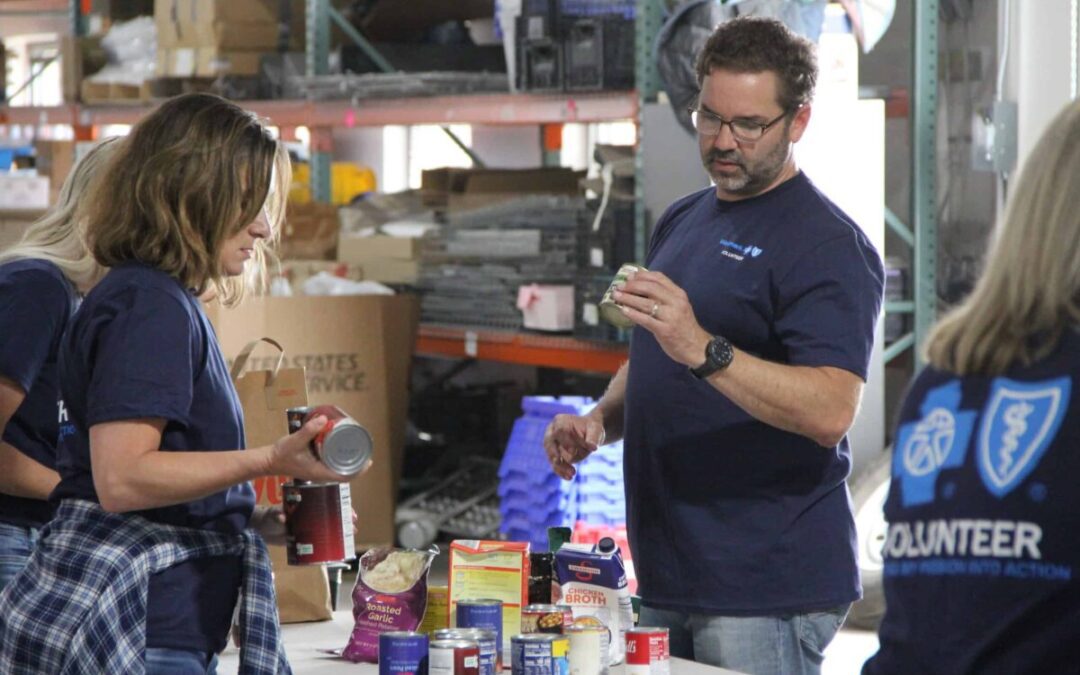
15 Iowa food pantries to donate time, money, and food to this holiday season
Looking to give back this holiday season? Discover 15 Iowa food pantries you can volunteer at or donate money or food to. Food plays a major role in...
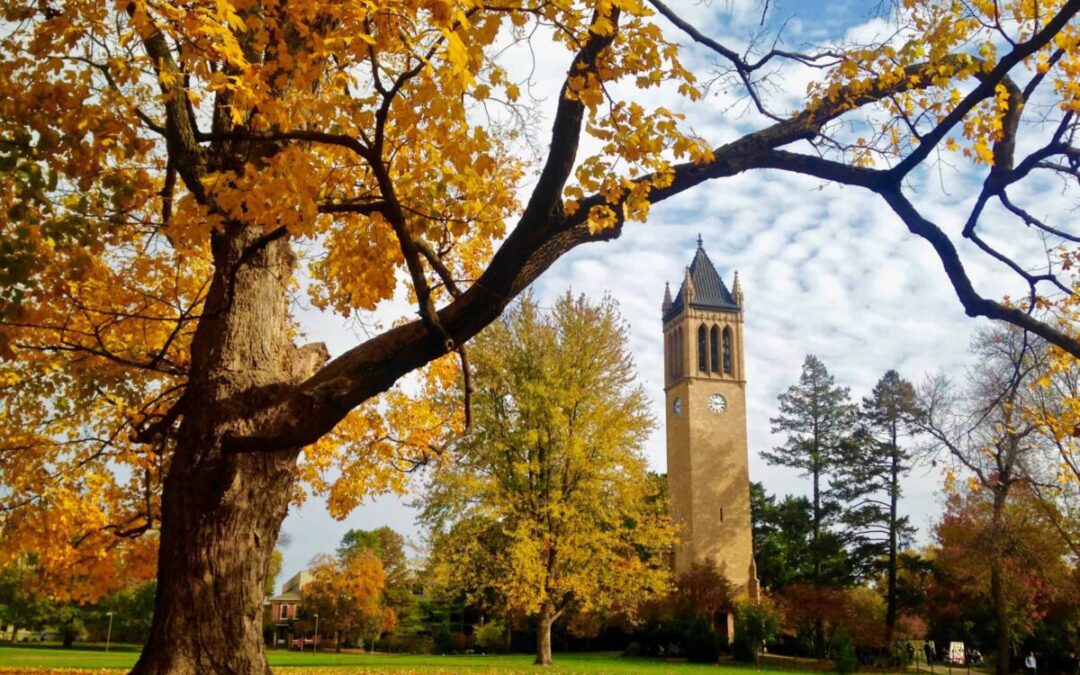
Ames is the most haunted town in Iowa, & these 5 stories prove it
Ames, Iowa, has experienced several brushes with paranormal incidents. Here are five stories that prove it’s haunted. What does it mean to be...
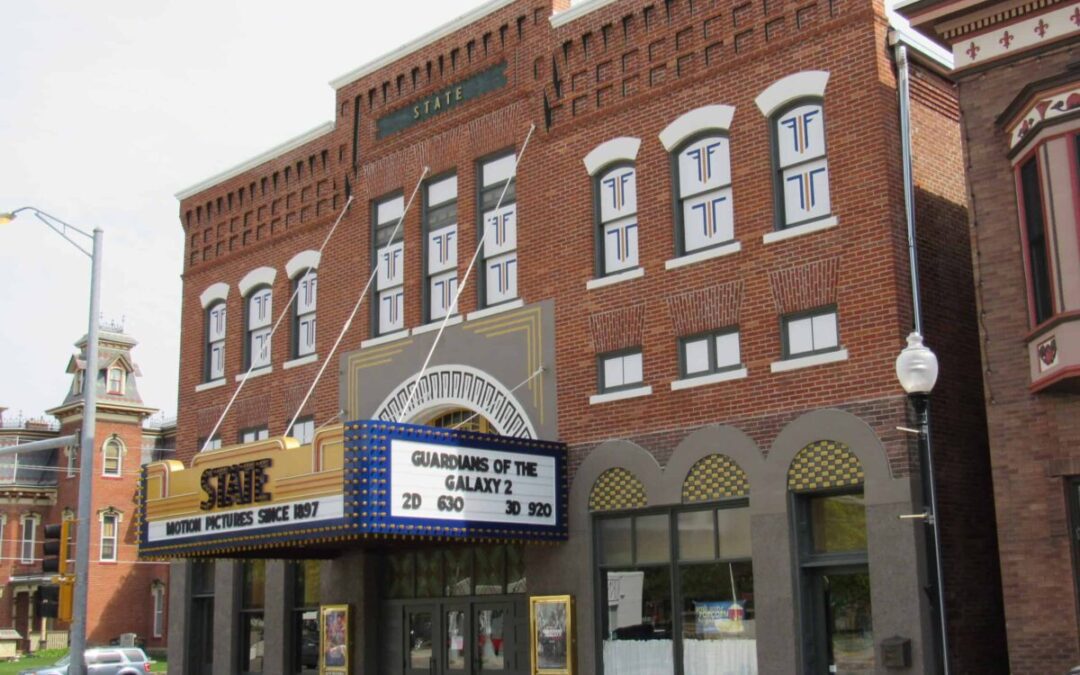
14 Guinness World Records Iowa holds
From the largest pickleball paddle to the shortest bull to the biggest collection of pencils, discover the Guinness World Records Iowa and its...
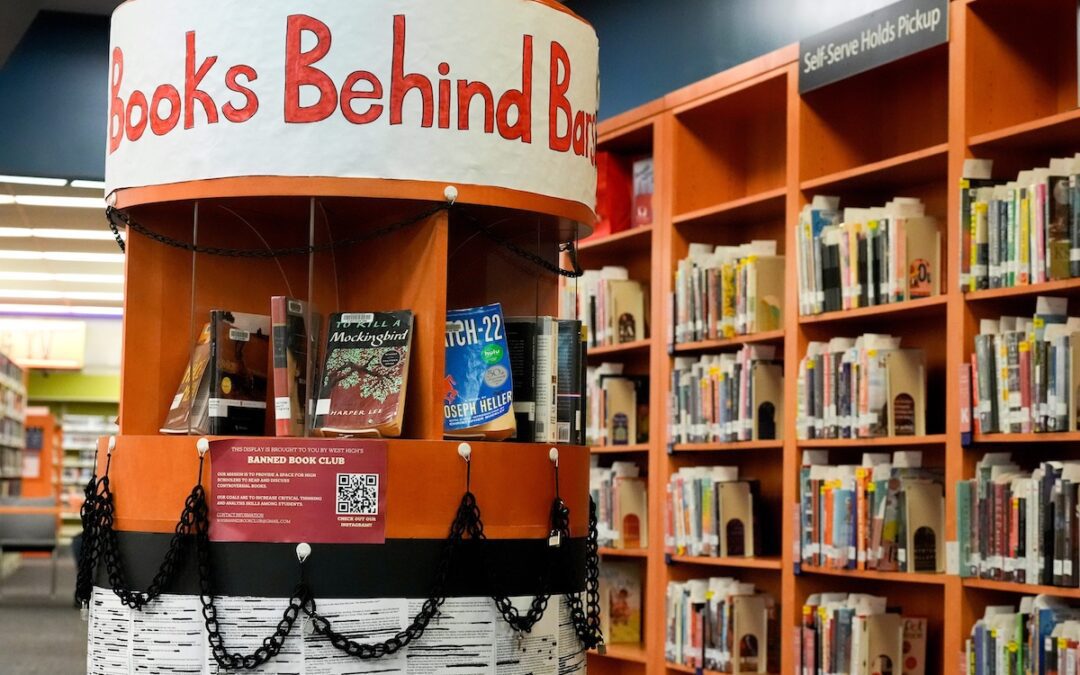
Hey Iowa, did you know you can get a library card at any library in the state?
In 1938, as concerns of censorship rose worldwide, Des Moines Public Library Director Forrest Spaulding penned the words that would become the...
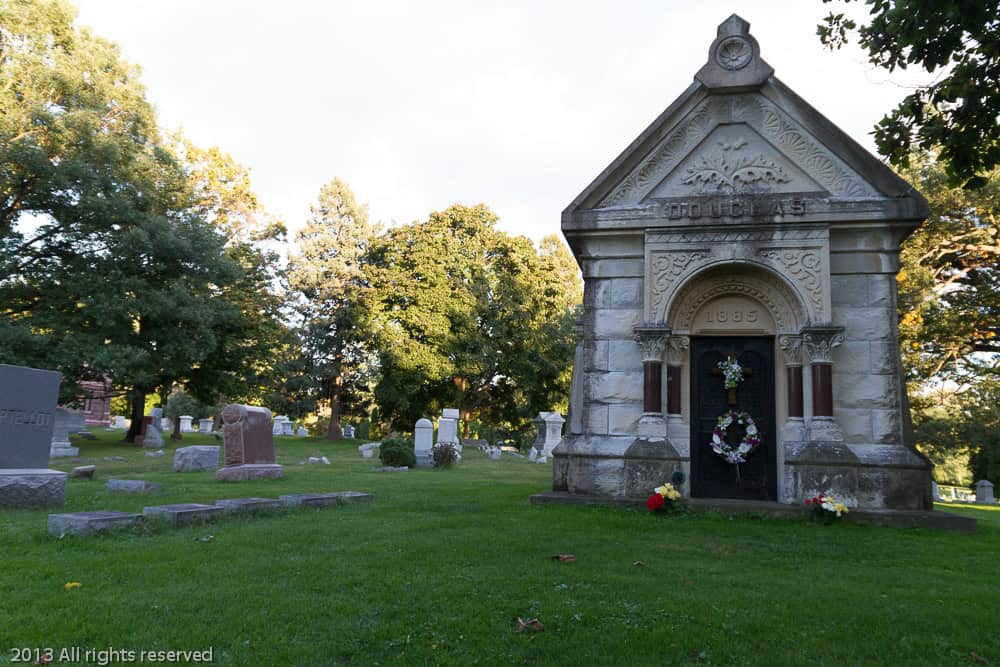
18 haunted cemeteries in Iowa
With cursed angel statues, graveyard spirits, and glowing headstones, a trip to these haunted cemeteries in Iowa may send a chill down your spine. ...
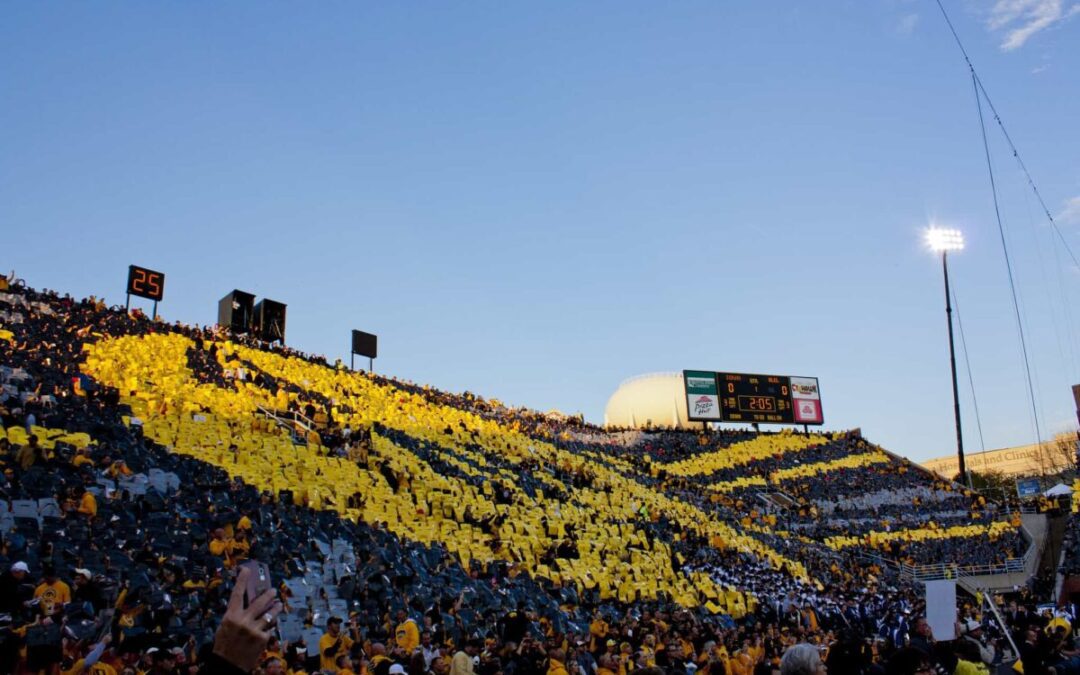
From the Wave to Campaniling, 6 fun traditions Iowa college students can look forward to
Every Iowa college has its own unique traditions that carry on from one generation of students to the next. Here are six of the most famous. When it...




